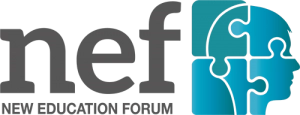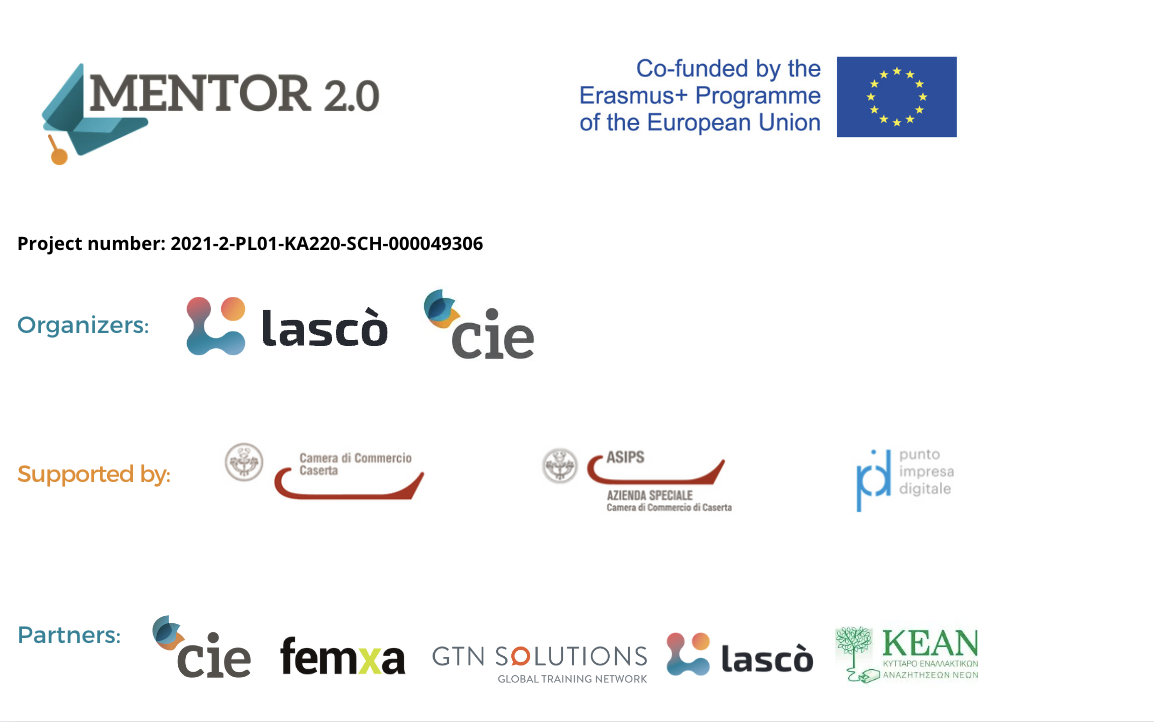The January 2023 European Commission’s Communication on Mental Health recognises “trends such as technological change and a rise in living costs as a direct impact on mental health. The impact of the COVID-19 pandemic and Russia’s war of aggression in Ukraine has further underlined the importance of mental health. Before the pandemic, data showed that more than 84 million (or 1 in 6) people in the EU were affected by mental illness – a figure which has almost certainly increased since then. Eurofound’s (2021) report on the Impact of COVID on young people in the EU indicates that mental and behavioural disorders are responsible for approximately 4% of yearly deaths in Europe and are the second most common cause of death among young people.
“These factors have led to a widespread consensus that all strands of EU action should be brought together under one initiative. In her State of the Union address in September 2022, President von der Leyen announced a new initiative on mental health. Before this, at the I Conference on the Future of Europe in May, European citizens had highlighted mental health as a major concern. The European Parliament and the Council have echoed these concerns and called for action in this area.”
At the same time, the European Commission aims to improve the attractiveness of the teaching profession. The EC proposes several actions to address the challenges the teaching professions face today, including the plan to launch Erasmus+ Teacher Academies. It is particularly important to consider OECD’s TALIS survey reporting that, on average, less than 20% of lower secondary school teachers of the EU Member States who participated in the research, felt that their profession is valued by society. Despite the wide offer of continuous professional development, teachers still self-report a lack of professional development opportunities, according to the OECD’s TALIS survey.
In the field of initial education and continuous professional development for teachers, this principle is not only a right for teachers themselves, but it’s an essential requirement for achieving the objectives of the European Education Area by 2025. The Mentor 2.0 project was born to contribute to the European efforts for revalorising the teaching professions and providing all teachers, trainers and school leaders with high-quality initial education and professional development opportunities. The project aims to provide teachers with learning tools to enhance teachers’ motivation and mentoring skills: following the original MENTOR method developed by CIE. The “Mentor 2.0” project financed by Erasmus+ prepares teachers for new educational models, contributing to shifting from the 19th century transfer of knowledge to 21st-century mentoring.
Further, The Commission’s Digital Education Action Plan (2021-2027) stresses the need to ensure that all teachers and trainers have the confidence and competencies to use technology effectively and creatively to engage and motivate their learnersas well as to ensure that all learners develop their digital competences for learning, living and working in an ever more digitalised world. “Education & Training 2010 Report” of the Council and Commission of the European Union highlighted how integrating digital technologies into formal learning landscapes challenges the traditional instructivist model of teaching and learning, leading toward a more constructivist pedagogy. Digital solutions in formal education may also be the right response to another challenge revealed by the 2019 Education and Training Monitor that a number of European countries face serious shortages of teachers, either across the board or in some subjects such as science ,or inspecific profiles such as teaching pupils with special needs.
Will the educators become “facilitators and mentors to their students who pave the way for the individual’s learning journey”, hence supporting also the mental well-being of their students? Will they be able toidentify themselves as the barriers to their self-motivation and professional growth?Will the teachers of today be able to acquire the digital skills of tomorrow to make use of digital content in their teaching practice, and create new digital educational content individually and/or in collaboration with other professionals within secure environments? We hope the New Education Forum in Caserta will give response to these important questions.


